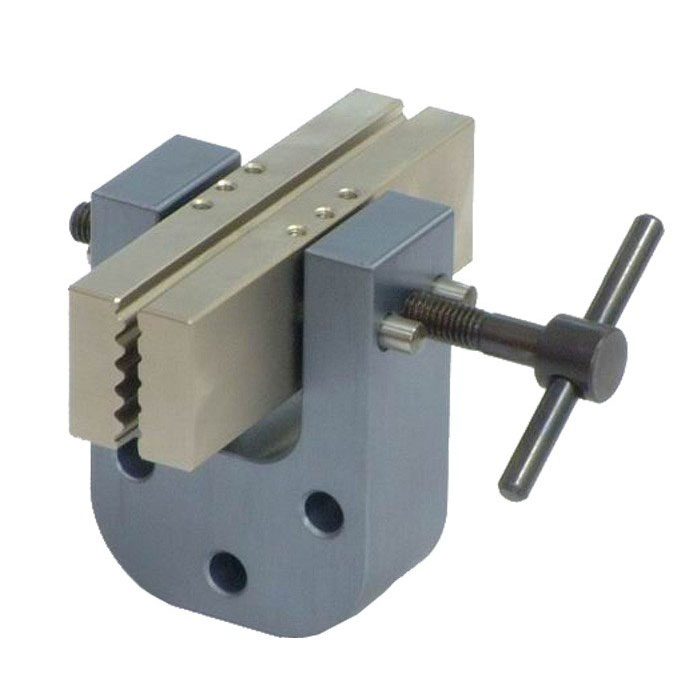- Universal testing machine
- Fixtures
- Medical/Biomedical device
- Vehicles motorcycle
- Compression/Flexural test
- Hardness tester
- Impact testing machine
- Torsion testing machine
- Abrasion & wear tester
- Plastic & Pipe testing
- Tensiometer / Goniometer
- Erichsen cupping tester
- Other Testing Equipment
- Grinding & polishing machine
- Introduction
- Specification
- Accessories
- Standard
- LEAFLET & VIDEO
- Contact Us
Geosynthetics are synthetic products used to stabilize terrain. They are generally polymeric products used to solve civil engineering problems. This includes eight main product categories: geotextiles, geogrids, geonets, geomembranes, geosynthetic clay liners, geofoam, geocells and geocomposites. The polymeric nature of the products makes them suitable for use in the ground where high levels of durability are required. They can also be used in exposed applications. Geosynthetics are available in a wide range of forms and materials. These products have a wide range of applications and are currently used in many civil, geotechnical, transportation, geoenvironmental, hydraulic, and private development applications including roads, airfields, railroads, embankments, retaining structures, reservoirs, canals, dams, erosion control, sediment control, landfill liners, landfill covers, mining, aquaculture and agriculture.
Geotextiles are typically used to reinforce embankments to prevent catastrophic occurances such as mudslides during rainstorms. During an event such as a storm, soils will expand once they absorb water. These soils will begin to break apart at only 1-2% strain, therefore most geotextiles are designed to expand slightly without compromising the integrity of the entire woven fabric.




Description of Test
An 8" wide specimen is gripped across its entire width in the clamps of a constant rate of extension (CRE) type tensile testing machine operated at a prescribed rate of extension applying a longitudinal force to the specimen until the specimen ruptures. Tensile strength, elongation, initial and secant modulus, and breaking toughness of the test specimen can be calculated from machine scales, dials, recording charts, or an interfaced computer.
Preferred Test Sample Size
3' x roll width
Number of Test Specimens
6 machine direction 6 cross machine direction
Test Specimen Size
12" x 8"
Keywords
wide-width, tensile, elongation, modulus
?
Load: 10Kn, 50Kn, 100Kn.
Specimen width: 50mm, 100mm, 200mm
ASTM D4595: Standard Test Method for Tensile Properties of Geotextiles by the Wide-Width Strip Method
ISO 10319: Geosynthetics -- Wide-width tensile test
 Global links
Global links

